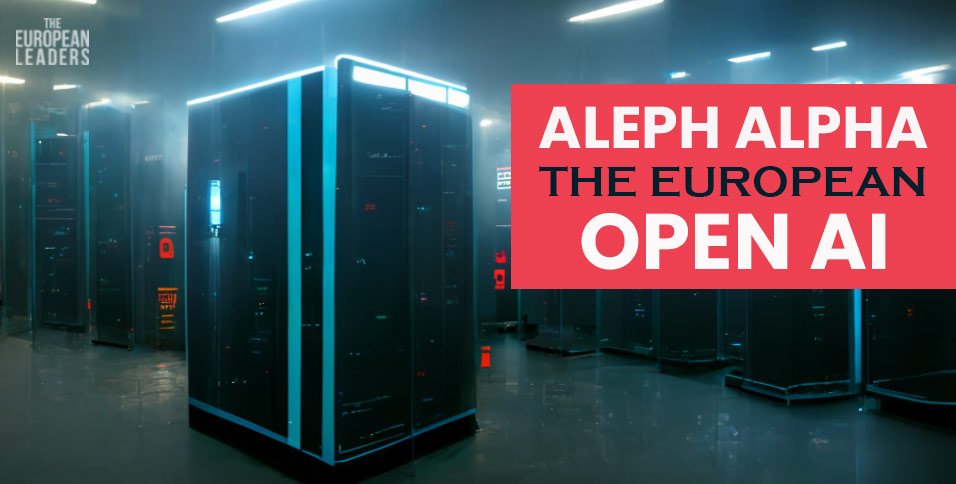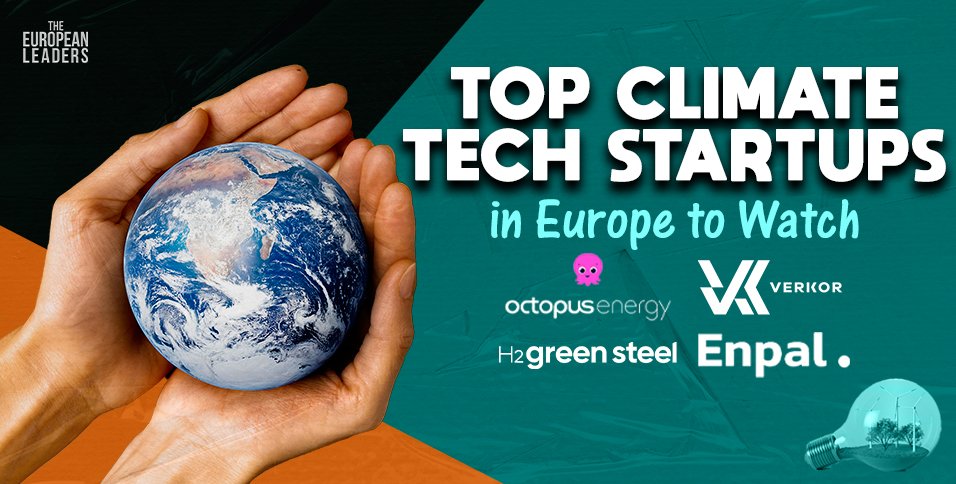Europe is determined to establish its own generative AI capabilities, aiming to reduce its reliance on American tech giants. One notable figure gaining support in this endeavor is Jonas Andrulis, the founder of Aleph Alpha, a company providing generative AI services to businesses and governments, with thousands of paying clients. While skeptics question Aleph Alpha’s ability to rival tech giants like Google and OpenAI, many within the European tech community see it as a potential counterbalance to American dominance in generative AI. Given the EU’s history of privacy and data security disputes with US tech giants and concerns about diverging values, Europe views this as a significant economic opportunity to actively engage in.
Aleph Alpha serves diverse clients, including banks and government agencies, leveraging its LLM (Luminous Language Model) for tasks like crafting financial reports, condensing extensive documents, and creating expert chatbots tailored to specific company operations. The LLM operates proficiently in multiple languages—German, French, Spanish, Italian, and English—drawing from a rich dataset comprising multilingual public documents from the European Parliament. The company introduced a Control version of Luminous-Supreme in February, followed by the “Explain” feature for Luminous in April, enhancing user comprehension of language model outputs. This new generation of language models, known as Control models, includes Base, Extended, and Supreme versions within the Luminous family. These models are fine-tuned to excel in zero-shot prompts, akin to OpenAI’s text-davinci-002 model. Fine-tuning involves instruction datasets and other examples to enhance model performance, particularly in scenarios where users assign straightforward tasks with minimal examples, similar to ChatGPT’s applications.
Aleph Alpha has two clients and the standard REST API. The clients are written in Python and Rust and offer the best possibility to connect models. Of course, all this can also be done via the REST API, that is, it can be accessed via any programming language.
AI plays a pivotal role in driving technological advancements, economic expansion, and competitiveness in the contemporary digital landscape. Establishing a robust European AI presence holds immense significance for Europe, particularly in light of the 2018 US CLOUD Act, which has significant implications concerning data protection and sovereignty. Whether or not will this model prove to be as able to implicate the conveniences of something like Open AI is a tale for times to tell. But what is more important to understand is that EU has to have its own substitutes for things that make so much difference as much as being parts of internet revolutions.
Also Read: Investing in AI, better now than later!








